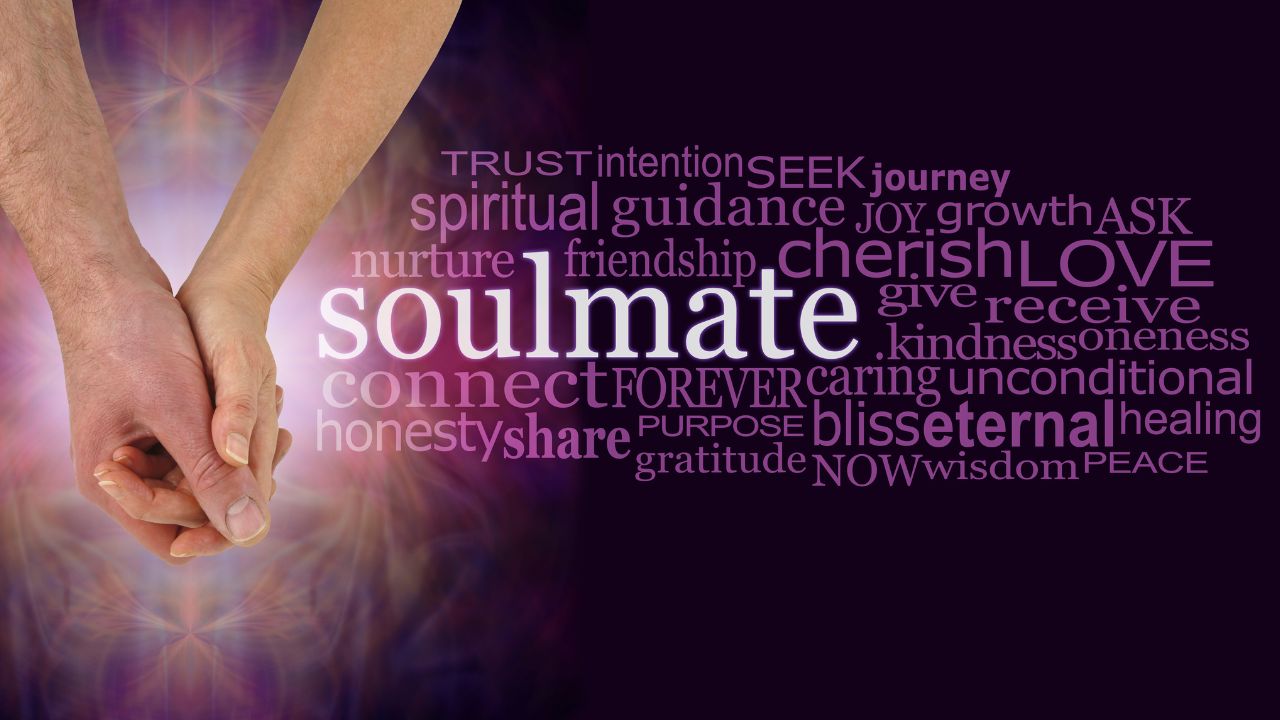Date
- 08.07.23
Navigating Difficult Relationships: Strategies for Healthy Resolutions
Difficult relationships can be emotionally draining and challenging to navigate. Whether it’s a strained relationship with a family member, a tumultuous friendship, or a challenging colleague, handling these situations with care and maturity is crucial. In this article, we will explore effective strategies for managing difficult relationships, promoting open communication, setting boundaries, practicing empathy, and seeking professional help when necessary.
- Reflect and assess
Before taking any action, it is essential to reflect on the relationship and assess its dynamics. Identify the underlying issues, triggers, and patterns that contribute to the difficulty. Understanding your own emotions and reactions will help you approach the situation with clarity and self-awareness.
- Open and honest communication
Clear and respectful communication is the cornerstone of resolving difficult relationships. Choose an appropriate time and place to address your concerns, and use “I” statements to express your feelings and experiences without blaming the other person. Actively listen to their perspective, validating their emotions, and fostering an atmosphere of open dialogue.
- Set healthy boundaries
Establishing and maintaining healthy boundaries is vital for protecting your well-being in difficult relationships. Clearly communicate your boundaries and expectations to the other person, ensuring they understand what is and isn’t acceptable behavior. It may be necessary to limit contact or take breaks to recharge emotionally.
- Cultivate empathy and understanding
Empathy is a powerful tool for resolving difficult relationships. Try to understand the other person’s point of view, considering their background, experiences, and struggles. This doesn’t mean condoning negative behavior, but rather seeking a deeper understanding that can foster compassion and promote reconciliation.
BOOK YOUR COUPLE COUNSELLING SESSION TODAY
- Focus on self-care
Dealing with difficult relationships can be emotionally taxing, so prioritize self-care to maintain your mental and emotional well-being. Engage in activities that bring you joy, practice mindfulness or meditation, and seek support from loved ones. Taking care of yourself will equip you with the strength and resilience needed to handle challenging situations.
- Seek professional help when needed
In some cases, navigating difficult relationships may require professional assistance. Therapists, counselors, or mediators can provide guidance and facilitate constructive conversations. They can help you gain insight into the underlying issues, develop effective coping strategies, and explore possible solutions.
- Acceptance and letting go
Sometimes, despite our best efforts, not all relationships can be salvaged. It is important to recognize when a relationship is toxic or unhealthy, and when it may be necessary to let go. Accepting the situation and focusing on personal growth can help you move forward and find healthier connections.
Handling difficult relationships is a challenging but necessary aspect of personal growth. By reflecting on the situation, fostering open communication, setting boundaries, practicing empathy, prioritizing self-care, and seeking professional help when needed, you can navigate these relationships with grace and maturity. Remember that not all relationships can be mended, and it is okay to let go if they become detrimental to your well-being. By prioritizing your mental and emotional health, you pave the way for healthier and more fulfilling connections in your life.
Let’s recap
Many couples witness ages of strain. Surviving tough times in your relationship is possible if both mates are willing to work as a team.
Adopting healthier ways of communicating can help you get through delicate times, similar to
- validating your partner’s feelings and experiences
- dealing with conflict directly
- emphasizing and celebrating your partner’s wins
- practicing gratitude
Sometimes, couples may find themselves in difficult situations they don’t feel equipped to navigate alone. Reaching out to a couples counselor can make all the difference in times of intense stress, loss, or trauma.




